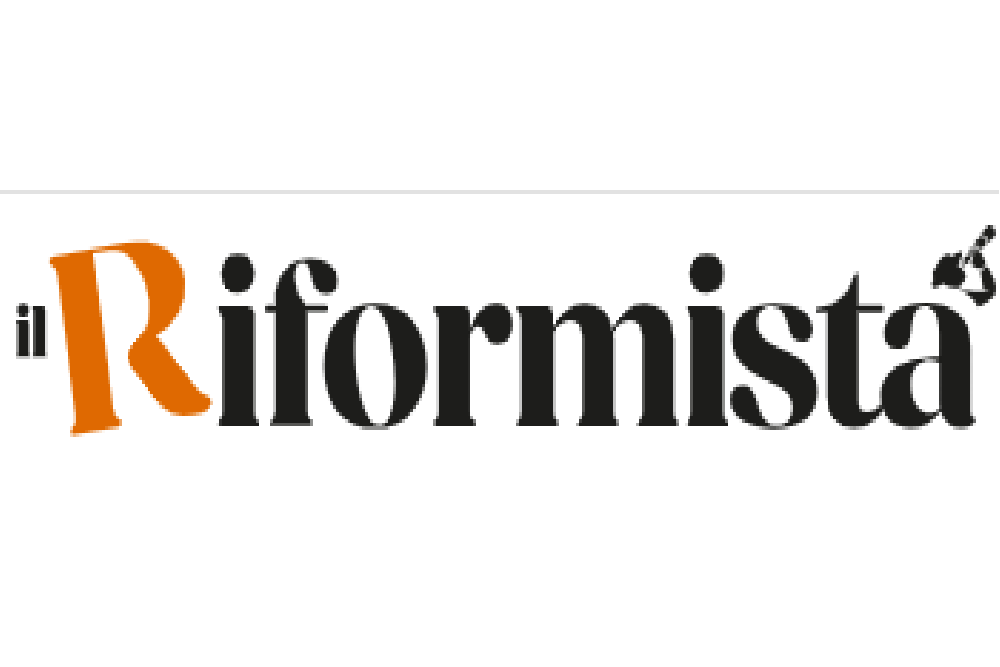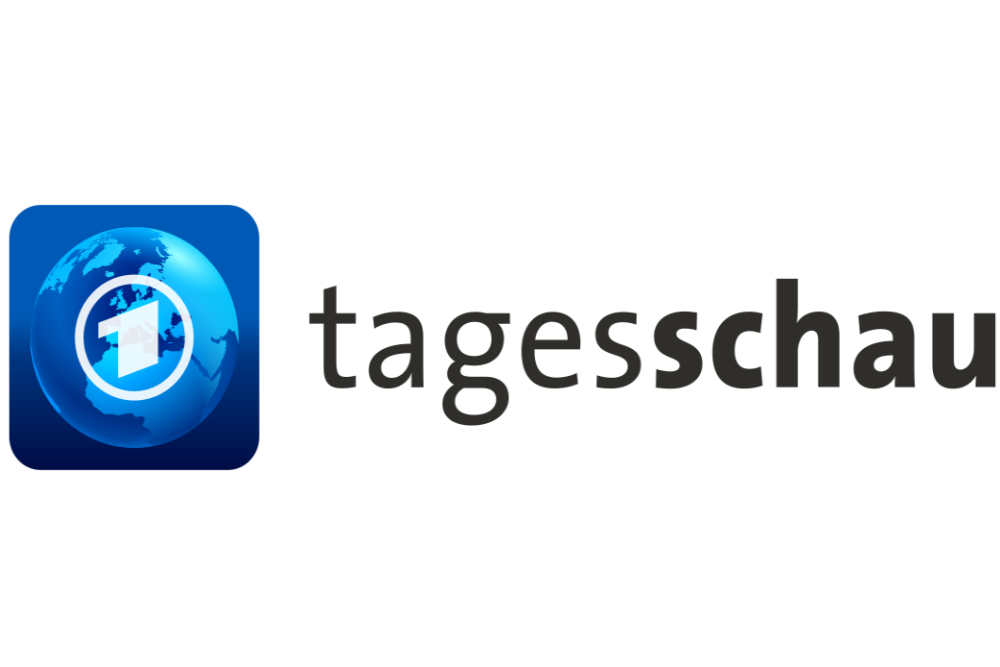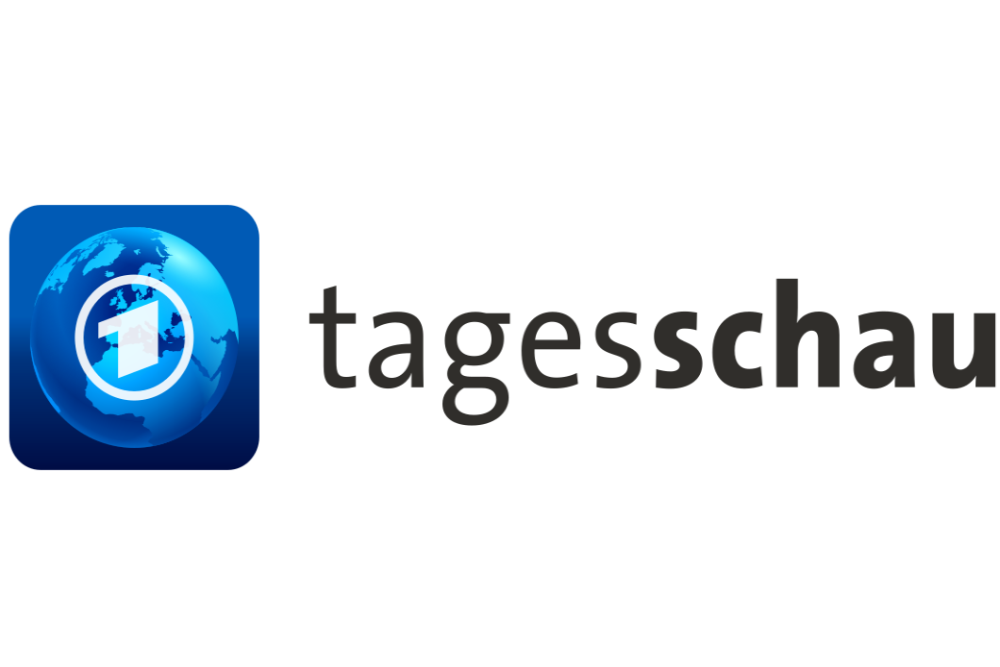News
Opening the event, German speaker Alexander Ritzmann (Counter Extremism Project, Germany) reconstructed the map of organized antisemitic networks, illustrating methods for identification and counteraction that combine open-source intelligence, flow analysis, and public-private cooperation. The goal: dismantling the architectures of hate by addressing the nodes, financing, and mechanisms of algorithmic amplification.

CEP Senior Director Dr. Hans-Jakob Schindler interviewed. “US Vice President JD Vance is in Israel, meeting with Prime Minister Benjamin Netanyahu amid concerns over the Gaza ceasefire deal.”

CEP Senior Director Dr. Hans-Jakob Schindler cited on terrorism financing in Germany.

From the perspective of terrorism expert Hans-Jakob Schindler of the research organization "Counter Extremism Project," this makes the work of investigators in Germany extremely complicated: "You practically have to prove that this euro was intended for a Kalashnikov, explosives, or the preparation of an attack. That's a level of stupidity that few terrorist financiers achieve."

"You effectively have to prove that a specific euro was intended to go towards the purchase of a Kalashnikov or explosives or the preparation of a specific attack," explains Hans-Jakob Schindler of the New York, London and Berlin-based Counter Extremism Project (CEP). "And [giving away such evidence] would be a level of stupidity which few terror financers ever reach."

"You practically have to prove that every euro was intended for a Kalashnikov, explosives, or the preparation of an attack. In this respect, you make it extremely complicated for investigators here in Germany—in terms of the possibility of conviction." Hans-Jakob Schindler, terrorism expert at the research organization Counter Extremism Project.

The peace plan for Israel and Gaza calls for the disarmament of Hamas. That will be difficult to implement, says Hans-Jakob Schindler of the Counter Extremism Project: “Hamas has been maneuvering from the outset because it does not want to relinquish power in Gaza.”

"Pickpockets, scammers and con artists are stealing money from the pockets of Berliners and especially our unsuspecting tourists," reads the call for a demonstration on the Telegram channel of the far-right German Youth Voran. However, the demonstration was registered by the Berlin branch of Heimat - formerly the NPD - as the police reported on request. The youth organization of the neo-Nazi party, the Young Nationalists, are also mentioned in the call. The campaign demonstrates the now close connection between older neo-Nazi cadres and young right-wing extremists. Political scientist Alexander Ritzmann [CEP Senior Advisor] sees this alliance as a result of the crisis that Die Heimat has been in for years. This is expressed above all in declining membership figures. Deutsche Jugend Voran, on the other hand, which was founded last year, was also looking for orientation.

CEP Senior Director Dr. Hans-Jakob Schindler interviewed about the clashes between Hamas and Israel and the current status of the deal.

“Intelligence agencies want to be aware of extremist networks that exist in their countries,” said Joshua Fisher-Birch, a terrorism analyst at the Counter Extremism Project, about active clubs, “their potential for current or future violence, and what links they may have to other movements and individuals, both domestically and internationally.” Already, there’s been evidence of that international coordination coming to light. “The neo-Nazi skinhead group the Hammerskins has had members in both the US and Canada, and more recently, the accelerationist groups the Atomwaffen Division and the Base have had members in both countries,” said Fisher-Birch, referring to two other groups that had transnational criminal networks.

The Counter Extremism Project Presents
Enduring Music: Compositions from the Holocaust
Marking International Holocaust Remembrance Day, the Counter Extremism Project's ARCHER at House 88 presents a landmark concert of music composed in ghettos and death camps, performed in defiance of resurgent antisemitism. Curated with world renowned composer, conductor, and musicologist Francesco Lotoro, the program restores classical, folk, and popular works, many written on scraps of paper or recalled from memory, to public consciousness. Featuring world and U.S. premieres from Lotoro's archive, this concert honors a repertoire that endured against unimaginable evil.